Decisions taken must rely on evidence-based reasoning
The following statement on the Covid-19 Crisis has been released by the National Academy of Sciences, Sri Lanka:
Covid-19 is proving to be a challenge for the entire world. As an academy of science with links to fraternal academies throughout the world, the National Academy of Sciences, Sri Lanka affirms the proven potential of science to tackle such challenges.
Decisions taken must rely on evidence-based reasoning. This requires both data and inference. Where inference is concerned, scientists ranging from virologists and epidemiologists to economists and sociologists need to be consulted and their voices heard. The channels for such voices can indeed be the institutions they are a part of, but professional associations should be heeded too. Scientific pronouncements should be judged only on their evidence-based merits. We should also listen to the global community of scientists who continue to work and publish on various aspects of the crisis. While traditional knowledge may be useful, its conclusions must be supported by empirical evidence.
Data are the pre-requisite to make good inferences. Although most of the data may be in the state sector, other players could also be possessing data, perhaps in transformed form for better interpretation. It is important that the data be shared so that proper inferences can be made from them. Science is a communal enterprise, and those who share data will be seen as leaders in this community.
In issues such as Covid-19, decision making involves the balancing of options. We have currently a tension between a country’s health and its economy. The arrival at science-based compromises is the specialty of mathematical modellers and decision/data scientists; and we need to nurture and tap into such expertise. What is important is that the goals and objectives be made public, in addition to the assumptions made in decision-making. All members of the public are stakeholders in such social decisions, and their concerns, especially those of weaker segments, should be addressed.
Today’s technology offers opportunities like never before. We have already seen the use of technology to assist social distancing. In some cases, the way we usually do things may improve through practices we have been forced to adopt during these times – for example online meetings that reduce distance and travel; and online teaching that could enable students to learn at their own pace. We must of course be cautious about technology, since it shapes us even as we try to shape it; and also compensate for the “have nots” in the technological sphere. We call upon all our scientists and technologists to use their skills in problem solving to find innovative solutions for the current crisis.
Covid-19 has made us deeply aware of our limitations as humans, though we often see ourselves as “lords of the earth”. We can, however, survive and thrive in nature and culture, if we pursue excellence in a spirit of humility. We take this opportunity to thank all those who continue to be on the frontlines of the disease and its control, or in delivering essential services at this critical time.
-
Still No Comments Posted.



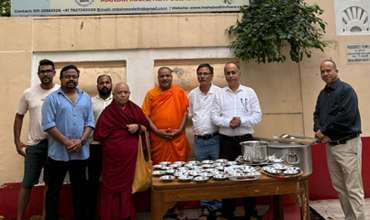


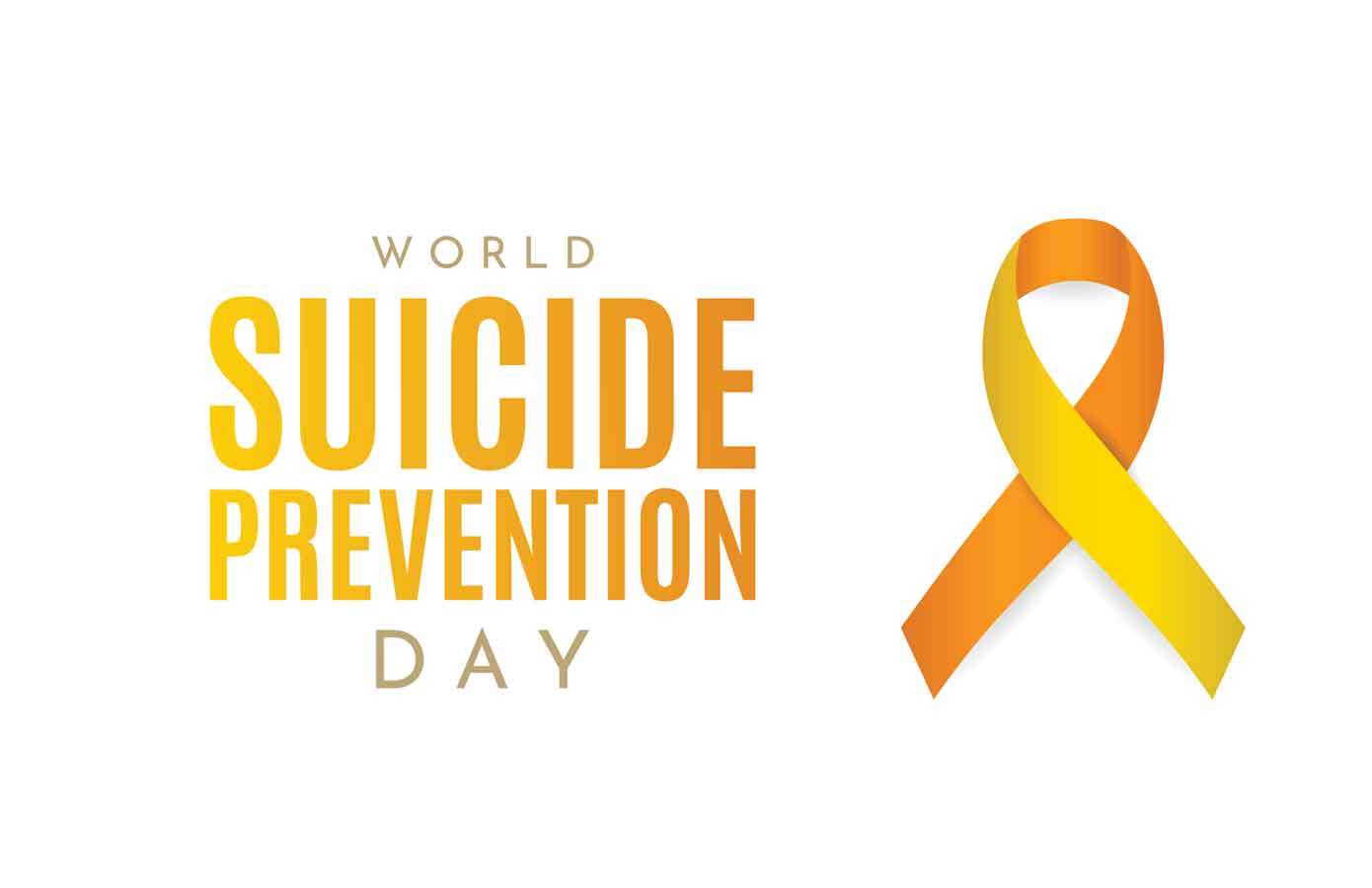

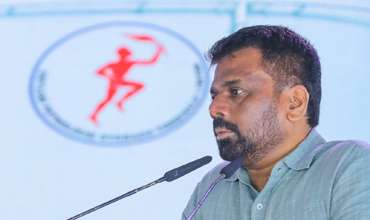



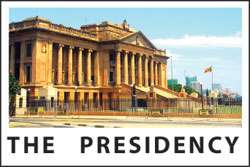
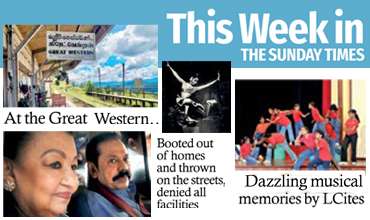




Leave Comments